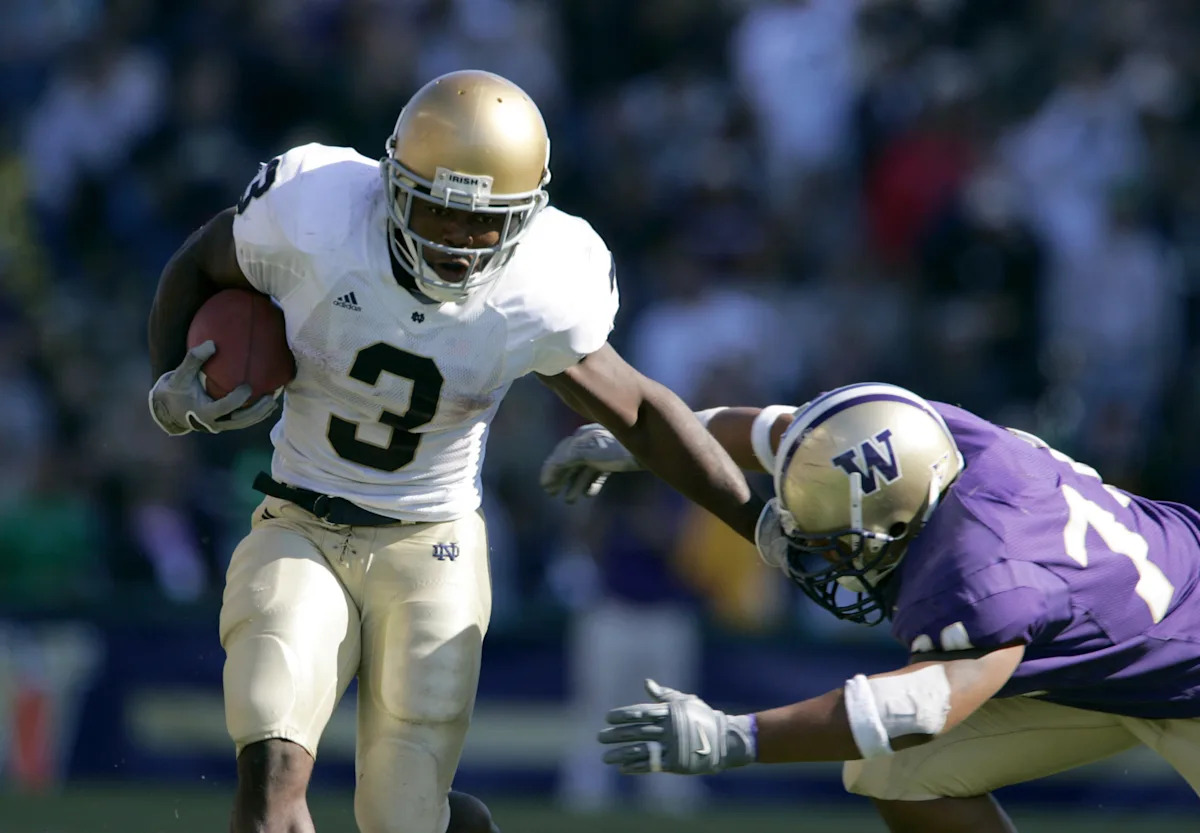By Martin Graham
Three matches, three losses, 11 goals conceded. West Ham’s season has begun in the worst possible fashion, leaving manager Graham Potter under heavy scrutiny.
The latest defeat, a Carabao Cup exit against Wolves, ended with captain Jarrod Bowen appearing to clash with a supporter at full time, amplifying the feeling of turmoil around the club.
Former midfielder Nigel Reo-Coker has called the situation “very bleak,” warning that survival in the Premier League may now be the only realistic target.
Structural problems and recruitment failures
Since Potter’s arrival on 14 January, results have been consistently poor. A Premier League table based only on ever-present clubs would place the Hammers at the bottom. They have managed just two victories in 13 league games since March, drawing four and losing seven. Among managers with at least 20 top-flight fixtures, only Avram Grant holds a lower win percentage than Potter’s 25%.
Defensively, the team has been fragile. Only Tottenham and Brighton have let in more goals among ever-present sides during Potter’s tenure. This season, they have also faced the highest number of shots on target in the league, averaging 12 per game. West Ham have thrown away 15 points from winning positions under the current manager, more than any other team in that period. Their two opening league defeats, with eight goals conceded, represent their worst start since 1954.
Transfer business has also come under fire. Five players arrived in the summer, including full-back El Hadji Malick Diouf, goalkeeper Mads Hermansen, and striker Callum Wilson. But no direct replacement has been signed for Mohammed Kudus, who left for Tottenham in a £55m move, and a central midfielder has not been added. Reo-Coker criticized the squad as lacking energy, aggression, and a clear plan, describing them as “a bunch of individuals” rather than a united side.
Fallout from Prague and Potter’s uphill task
The club’s current decline can be traced back to the aftermath of their Conference League triumph in Prague, when owner David Sullivan confirmed Declan Rice’s departure. Technical director Tim Steidten was tasked with rebuilding but clashed with then-manager David Moyes, eventually being barred from the training ground.
Money from Rice’s transfer was reinvested in Edson Alvarez, James Ward-Prowse, Konstantinos Mavropanos, and Kudus. While promising at first, these signings soon became inconsistent, with Kudus now sold and Alvarez loaned out. Moyes was replaced by Julen Lopetegui, whose own £140m rebuild failed to improve results. By early 2024 both Lopetegui and Steidten had departed, leaving Potter to inherit a fractured squad.
Potter has avoided public complaints over transfers and prefers to work with what he has. But reliance on Bowen, Tomas Soucek, and Lucas Paquetá remains, with Rice’s absence leaving a gap the team cannot fill. Fans have grown frustrated, convinced that recent recruits are not of the required standard.
Now, with 11 goals shipped in three games and a side that appears tactically disorganized, pressure on Potter is mounting. The back three look uncomfortable, the midfield slow and ineffective, and the attack heavily dependent on individual moments.
Profit and Sustainability Rules have reportedly limited new signings this summer, but Potter’s reluctance to adjust tactics has left questions over his adaptability. With Nottingham Forest up next, many believe his future could hinge on the outcome before the international break.


























